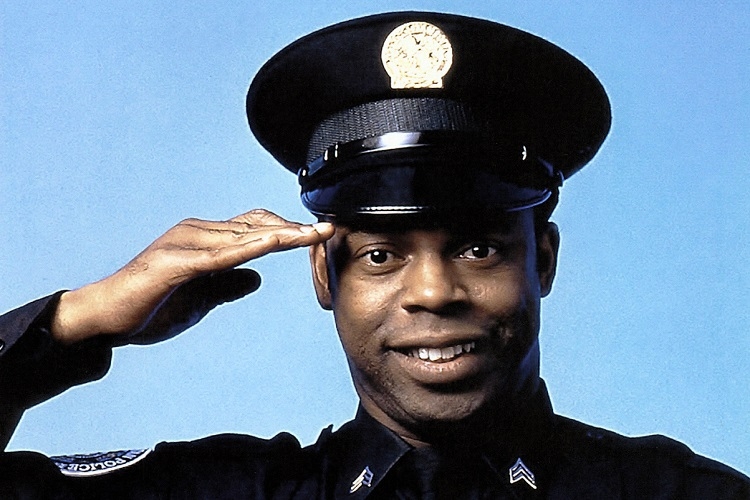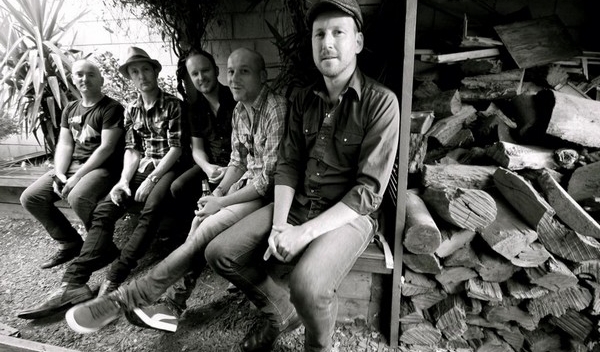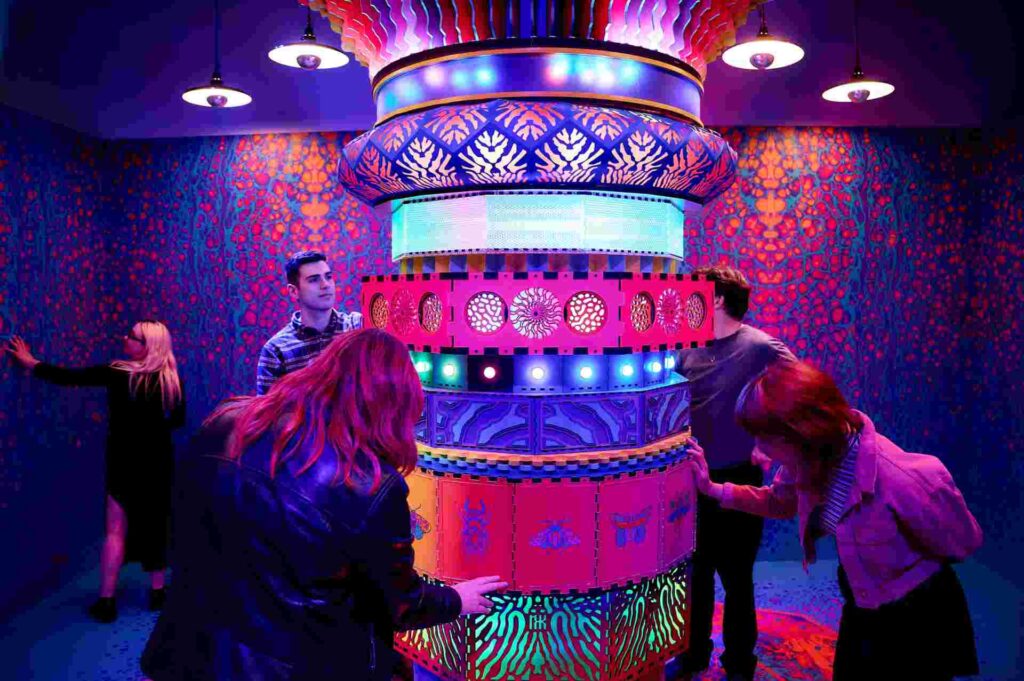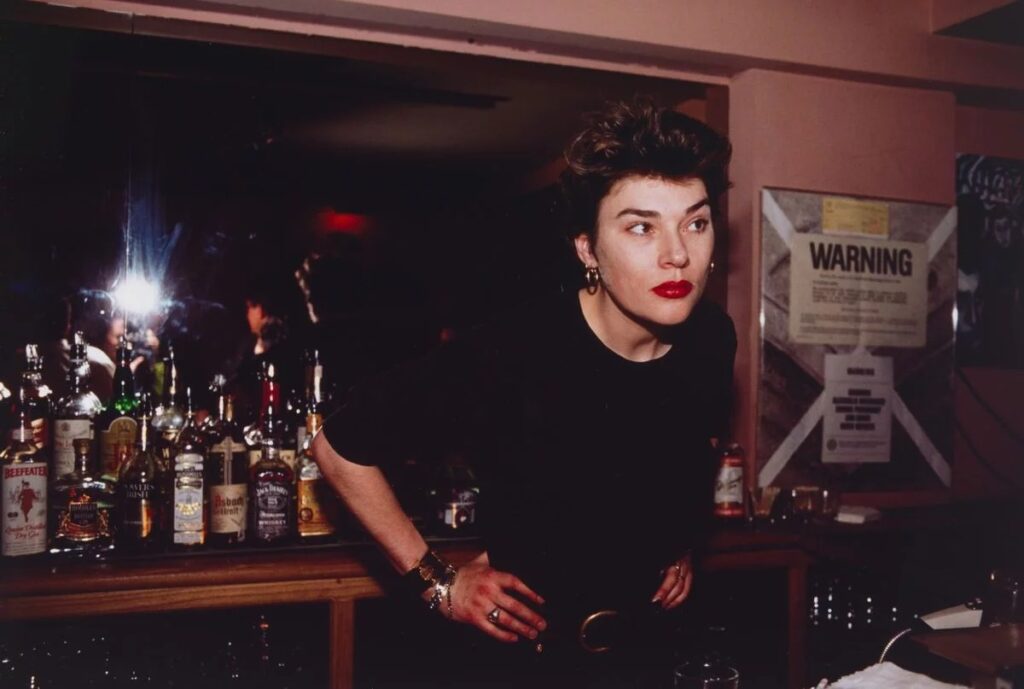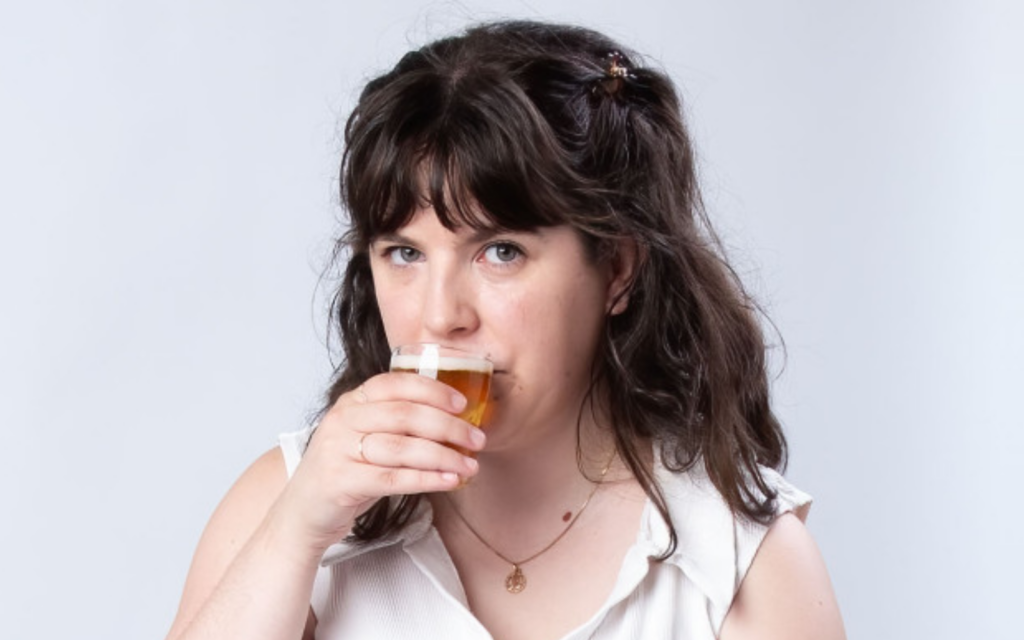“Each [achievement] has been a triumph in itself,” says Winslow. “Watching folks take some of the stuff that I created and was paying attention to, and then career them; I am thoroughly thrilled to be a part of the development of everyone from Reggie Watts to Shlomo to Beardyman and just comedians in general.”
His motivation of Australian comics, however, he only muses. “When I watch Rodney Rude and when I watch all the other comedians in Australia and I see how they affect me, I wonder if some of the best comedy in Australia has seen Police Academy. Hopefully we’ve given them a laugh and a good influence. I wonder if we’ve done well?”
He’s actually done particularly well. One of Australia’s finest beatboxers Tom Thum cites Winslow as a major influences. Thum has sold out stand-up seasons in Edinburgh, New York, London and Hamburg since breaking onto the scene in 2005 when he took out the team battle at the World Beatbox Championships.
Embodying the Police Academy film legacy was seven capsules, all distinctively unique with which only Jones, Cadet Eugene Tackleberry (David Graf) and Commandant Eric Lassard (George Gaynes) appeared in all. To the guilefulness of Lieutenant Thaddeus Harris, the police academy is designed to ensure that, in the most ironic fashion, none of the cadets actually graduate. Nevertheless, they all advance after years of tireless civil service.
While the educational timeline of the series remained relatively constant throughout, from inauguration to graduation, each film shared its own peculiar and irregular tale to the liberty of Winslow and his colleagues. “Each film had a life of its own because of the events and things that were going on around it and we had different directors for a lot of them,” says Winslow. “Each one was a person and each crew really was different. Moscow was no way near the same as Toronto for the first academy.
“Working with Christopher Lee (Cmdt. Alexandrei Rakov), it was just really different and then working with G.W. Bailey (Lt. Harris) for the first time is completely different from the second one because we had Art Metrano (Mauser) in Academy 2 instead of Harris,” says Winslow. “So each one, the multi-stories and their characters pretty much changed themselves around. We had Mauser in the second one and Harris back again (for the fourth instalment). We really evolved.”
The shooting of the films was also subject to the circumstances which revolved around it, something which Winslow noted added another dimension to the story. “Lots of things were going on in life during these, we were in Toronto and we were in Los Angeles, back and forth and then a set at Miami Beach, when Wayne Gretzky finally met Janet Jones for the first time,” says Winslow.
“As Lennon once said, ‘Life is what happens to you while you’re busy making other plans’ – life pretty much went around Police Academy,” says Winslow. Whether it was romance or controversy overshadowing the set, the cast had no other choice but yield to the events happening around them. “[We were there] during a military coup too, so that changed it again. We were trying to make the movie in downtown Moscow, we were in Red Square and there’s a big thing going on and we can’t leave, but we still had to work.”
It was a positively tumultuous ten years for Winslow, who uncovered hundreds of sounds and flawless impersonations throughout the tenure. Nonetheless, there’s always uncharted territory and Winslow believes his parodying abyss is still vast, evident in the way he launches into pitch-perfect impressions throughout the interview.
Winslow is set to embark on his most extensive tour of Australia yet, voyaging through 15 different locations throughout his journey. A beneficiary will be Melbourne’s Yarraville Club, which he sold out nine times during the 2014 Melbourne International Comedy Festival. When describing what audiences can expect from the tour, only one idiom comes to mind. “We’re going to mess around with technology and we’re going to have a kitchen sink approach,” he says. “I think we may actually bring our kitchen sink with us.”
BY TOM PARKER
